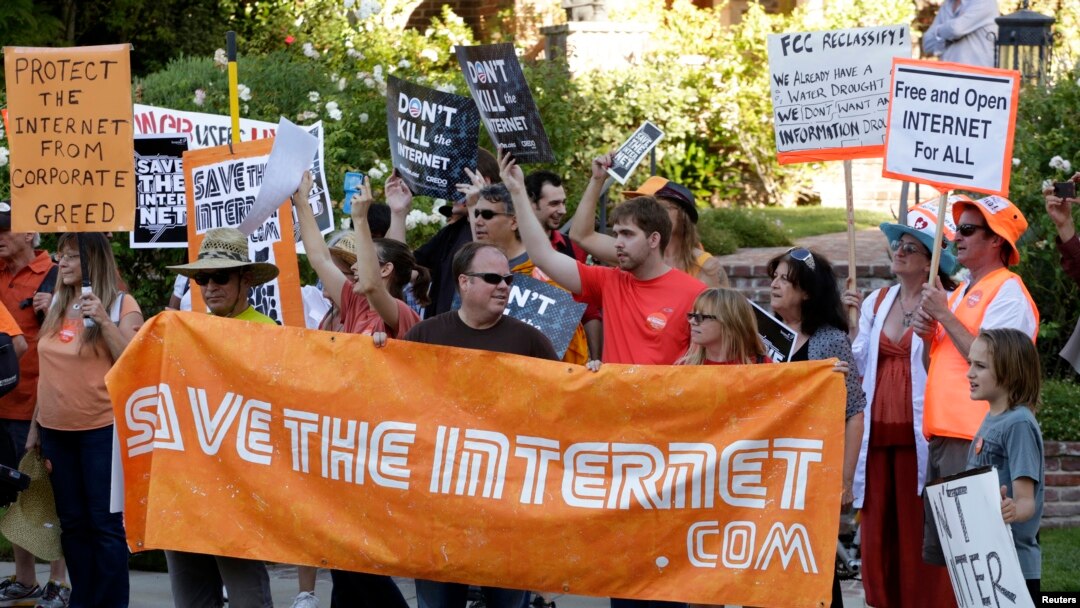The White House on Thursday defended a bill recently passed by Congress to repeal Obama-era internet privacy protections, saying the move was meant to create a fair playing field for telecommunication companies.
White House spokesman Sean Spicer, during a Thursday news briefing, reiterated President Donald Trump's support for the plan to repeal a rule forbidding internet service providers from collecting personal data on users.
Spicer said the Obama administration's rules reclassified internet service providers as common carriers, similar to hotels and other retail stores, treating them unfairly compared with edge providers, like Google and Facebook.
Repealing the rules, he said, will "allow service providers to be treated fairly and consumer protection and privacy concerns to be reviewed on a level playing field."
Critics of the repeal bill say it could put the internet browsing histories of private citizens up for sale to the highest bidder.
"Apparently [House Republicans] see no problem with cable and phone companies snooping on your private medical and financial information, your religious activities or your sex life," said Craig Aaron, president and CEO of net neutrality group Free Press Action Fund. "They voted to take away the privacy rights of hundreds of millions of Americans just so a few giant companies could pad their already considerable profits."
Win for telecoms
Repealing the rules, which were instituted just prior to last year's presidential election by the Federal Communications Commission but hadn't yet taken effect, could be seen as a win for major telecom companies like Verizon and AT&T, which can use the consumer data to target digital ads more effectively.
The companies have said the privacy rules put them at a disadvantage compared with websites like Facebook and Google, which aren't normally regulated by the FCC and weren't affected by the rules.
Spicer called the rules "federal overreach" instituted by "bureaucrats in Washington to take the interests of one group of companies over the interests of others, picking winners and losers."
"[Trump] will continue to fight Washington red tape that stifles American innovation, job creation and economic growth," Spicer said.



